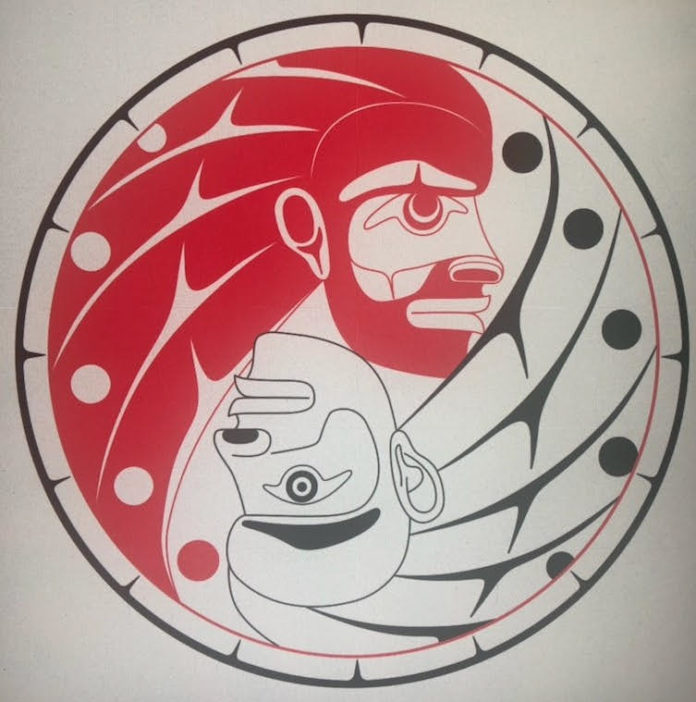Students for Indigenization is a new student club that focuses on conversation and action surrounding indigenization on campus.
For president Amanda James, it all started with a conversation. After guest lecturer Dr. Lolehawk Laura Buker spoke in her Peace and Conflict Studies course, James and fellow classmate Philippa Chapman began talking about decolonization and reconciliation. They asked themselves the question: what does decolonization look like locally?
“We’ve done all this learning … How do we then put those into action?” secretary Chapman said.
James and Chapman, along with treasurer Calista Thirsk, met regularly in the winter and summer semesters to discuss their vision for a club and “set the groundwork.” They registered Students for Indigenization as a UFV club at the beginning of the Fall 2021 semester.
The club focuses on Indigenous peoples and allyship. The club’s vision is to see Indigenous and non-Indigenous people share the knowledge, passion, and burden of decolonization.
“The burden of indigenization so often falls on Indigenous people,” Chapman said.
While they recognize that UFV has moved toward indigenizing the campus, they don’t believe it will ever be enough. Through the club, they hope to let student voices be central to the work.
“[How does] the personal experience of being an [Indigenous] student inform the changes that need to be made rather than it being a top down process?” Chapman said.
For James personally, she worried about discrimination and racism when she first began attending UFV. “There’s this institutional distrust between Indigenous people and … schools, hospitals, or whatever it might look like,” she said. Institutions like UFV can make Indigenous students feel restless and uneasy, even to the point where they won’t self-identify or openly share that they are Indigenous.
“We can write about these things, we can talk about these things, but how do we actually put that into action?” James asked. “What can we do about it to create change?” She hopes that future Indigenous students will feel like they belong at UFV.
James sees Students for Indigenization as a chance for people to contribute their ideas and share what reconciliation means to them. It’s about being creative, adaptable, and using respectful dialogue.
“It starts with listening and a lot of learning,” Chapman added.
Students for Indigenization has plans for several “peace building projects to indigenize the university,” James said, including a mural project dedicated to residential school victims and survivors. They hope to complete the mural on the Abbotsford campus before the end of the year.
James credits the many people who helped Students for Indigenization get started: “We’ve had a ton of support from Lolehawk, Wenona Hall, and Carol Dickson. It’s a very long list of members that have attended our meetings and that are in full support of [our] peace building projects.”
“Indigenizing [the] campus is not just for Indigenous students, but it’s a framework and a way of being that can benefit all of us,” Chapman said. “We often speak about this club being an embodiment of reconciliation.”
Readers can find Students for Indigenization on myCampusLife or you can email them at studentsforindigenization@gmail.com.
Image: Students for Indigenization
Danaye studies English and procrastination at UFV and is very passionate about the Oxford comma. She spends her days walking to campus from the free parking zones, writing novels she'll never finish, and pretending to know how to pronounce abominable. Once she graduates, she plans to adopt a cat.


